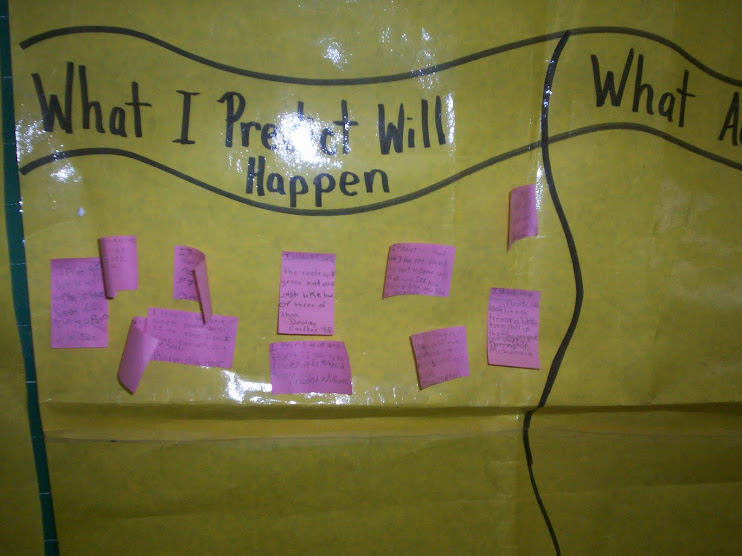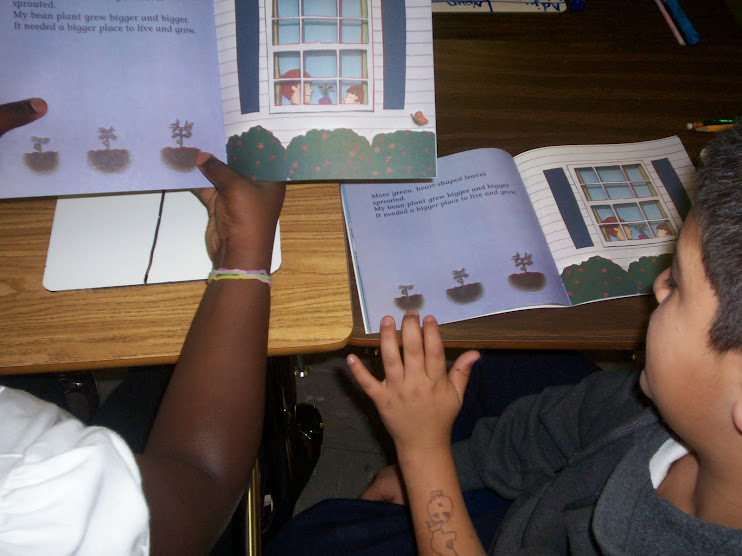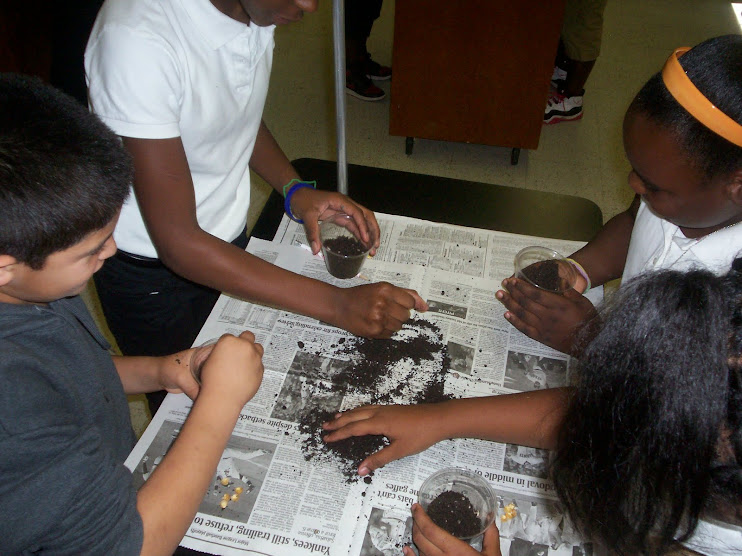The purpose of this case study is to contend that reading vocabulary, and reading fluency is key, for all learners, especially for second language learners.
In this study, it will explore that differentiated instruction for the English Language Learner provides multiple approaches to content, process, and product. A teacher who understands the need for planning and teaching to match, has a keen awareness that in an effective classroom, a lesson plan provides three curricular elements: 1) content-input, what students learn; 2) process-how students make sense from what has been learned; and 3) product-output, how students demonstrate what they’ve learned. By differentiating the three concepts, the teacher can offer different approaches to what students learn, how they learn it, and why it is important for them to retain it. According to ERIC article Critical Issue: Using Technology to Support Limited-English-Proficient (LEP) Students’ Learning Experiences, supports the view that academic content understanding, linguistic knowledge, and technological literacy should, ideally, develop simultaneously in order to:
- Increase strategic use of technology
- Enhance LEP student orientation in content classrooms
- Redefine teacher roles
- Increase access and equity for LEP students































No comments:
Post a Comment